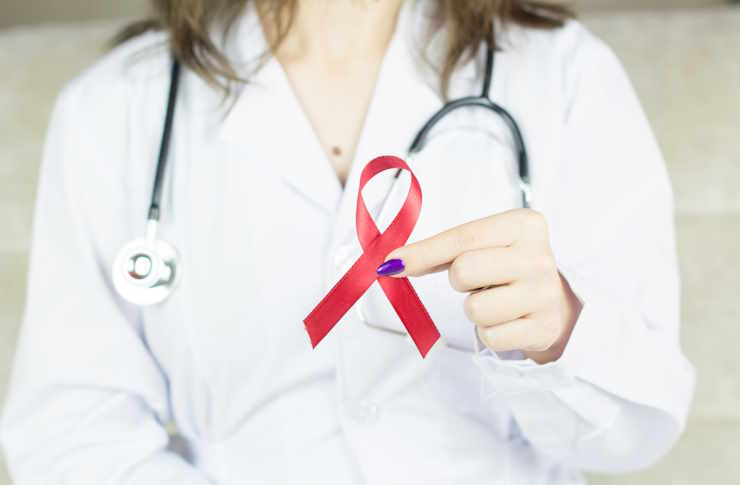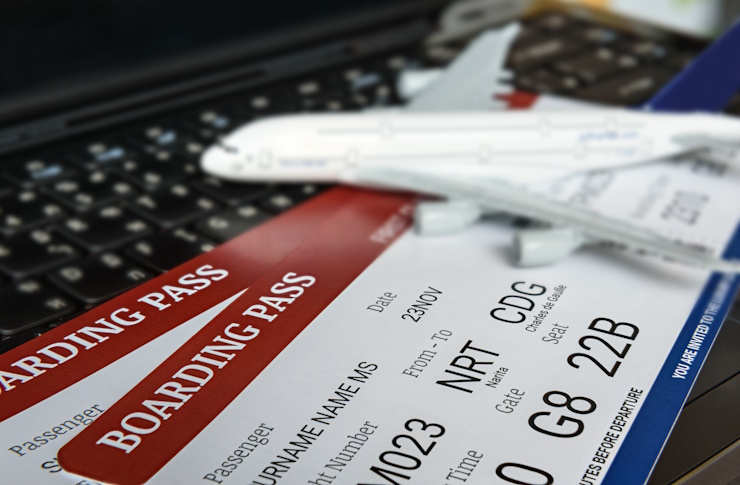The Latest Breakthroughs in Anxiety Treatment You Should Know About
Anxiety disorders affect millions of people worldwide, impacting daily life, relationships, and overall well-being. As mental health awareness grows, researchers and clinicians continue developing innovative approaches to help individuals manage and overcome anxiety. From cutting-edge therapies to personalized treatment plans, the landscape of anxiety care has evolved significantly in recent years, offering new hope to those seeking relief.

Understanding anxiety and its treatment options has become increasingly important as more people recognize the impact of mental health on quality of life. Recent advances in neuroscience, psychology, and pharmacology have led to more effective and accessible treatments. Whether you are exploring options for yourself or supporting someone you care about, staying informed about current approaches can help guide decisions toward the most appropriate care.
What Are the Most Promising Anxiety Treatment Options in 2025?
The field of anxiety treatment has expanded beyond traditional talk therapy and medication. In 2025, evidence-based approaches include cognitive behavioral therapy, exposure therapy, acceptance and commitment therapy, and mindfulness-based interventions. Digital therapeutics and teletherapy platforms have made professional support more accessible, allowing individuals to connect with licensed therapists from their homes. Neurofeedback and biofeedback techniques help patients learn to regulate their physiological responses to stress. Transcranial magnetic stimulation and other neuromodulation therapies show promise for treatment-resistant cases. Personalized medicine approaches now consider genetic factors, brain chemistry, and individual history to tailor interventions more precisely.
How Do Anxiety Treatment Costs Compare Across Different Approaches?
Understanding the financial aspects of anxiety care helps individuals make informed decisions about their treatment journey. Costs vary widely depending on the type of intervention, provider credentials, geographic location, and insurance coverage. Traditional in-person therapy sessions typically range from 100 to 250 dollars per hour without insurance. Psychiatric consultations for medication management may cost between 150 and 400 dollars for initial visits, with follow-ups ranging from 75 to 200 dollars. Online therapy platforms often offer more affordable options, with subscription models ranging from 60 to 100 dollars per week for unlimited messaging and weekly live sessions. Group therapy sessions generally cost less than individual sessions, averaging 40 to 80 dollars per session. Intensive outpatient programs can range from 3,000 to 10,000 dollars per month, while residential treatment programs may exceed 30,000 dollars monthly.
| Treatment Type | Provider/Platform | Cost Estimation |
|---|---|---|
| Individual Therapy (In-Person) | Licensed Therapist/Psychologist | 100 to 250 dollars per session |
| Online Therapy | BetterHelp, Talkspace, similar platforms | 240 to 400 dollars per month |
| Psychiatric Consultation | Psychiatrist | 150 to 400 dollars initial, 75 to 200 follow-up |
| Group Therapy | Community Mental Health Centers | 40 to 80 dollars per session |
| Intensive Outpatient Program | Local Mental Health Facilities | 3,000 to 10,000 dollars per month |
| Medication (Generic) | Pharmacy with Insurance | 10 to 50 dollars per month |
Prices, rates, or cost estimates mentioned in this article are based on the latest available information but may change over time. Independent research is advised before making financial decisions.
What Should You Consider When Comparing Anxiety Treatment Providers?
Selecting the right treatment provider involves evaluating several important factors beyond cost alone. Credentials and licensing ensure that practitioners meet professional standards and ethical guidelines. Experience with anxiety disorders specifically can indicate expertise in evidence-based interventions. Treatment philosophy and approach should align with your preferences, whether you prefer structured cognitive behavioral techniques or more exploratory psychodynamic work. Availability and scheduling flexibility matter, especially if you have work or family commitments. Insurance acceptance and billing practices affect affordability and financial planning. Communication style and therapeutic rapport significantly influence treatment outcomes, so initial consultations can help assess compatibility. Location and accessibility, including options for teletherapy, determine convenience and consistency of care.
How Do Anxiety Treatment Prices Vary by Region and Setting?
Geographic location significantly impacts the cost of mental health services across the United States. Urban areas with higher costs of living, such as New York City, San Francisco, and Boston, typically see therapy rates at the upper end of the spectrum, often exceeding 200 dollars per session. Rural and suburban areas generally offer more affordable options, with rates ranging from 80 to 150 dollars per session. Community mental health centers and nonprofit organizations often provide sliding scale fees based on income, making treatment accessible regardless of financial circumstances. University training clinics offer reduced-rate services provided by supervised graduate students, typically charging 20 to 60 dollars per session. Telehealth options have helped reduce geographic disparities by connecting patients with providers across state lines, though licensing regulations still require therapists to be licensed in the state where the patient is located.
What Factors Influence the Effectiveness of Anxiety Treatment?
Successful anxiety treatment depends on multiple interconnected factors beyond the specific intervention chosen. Early intervention generally leads to better outcomes, as patterns become less entrenched over time. Consistency and commitment to the treatment process, including attending sessions regularly and practicing skills between appointments, significantly affect progress. The therapeutic relationship between patient and provider serves as a foundation for change, with trust and collaboration enhancing engagement. Addressing co-occurring conditions such as depression, substance use, or trauma ensures comprehensive care. Social support from family, friends, or support groups provides additional resources for managing symptoms. Lifestyle factors including sleep quality, nutrition, physical activity, and stress management complement formal treatment. Willingness to try new approaches and adjust treatment plans as needed allows for optimization over time.
Are There Emerging Technologies Changing Anxiety Treatment?
Technological innovation continues reshaping how anxiety care is delivered and experienced. Virtual reality exposure therapy allows individuals to confront feared situations in controlled, safe environments, showing particular promise for specific phobias and social anxiety. Mobile applications provide tools for symptom tracking, guided meditation, breathing exercises, and cognitive restructuring techniques accessible anytime. Artificial intelligence-powered chatbots offer immediate support and psychoeducation, though they complement rather than replace human therapists. Wearable devices monitor physiological indicators of anxiety such as heart rate variability, providing real-time feedback for self-regulation. Online peer support communities connect individuals with shared experiences, reducing isolation and providing practical coping strategies. These technologies expand access to care, particularly for those in underserved areas or with mobility limitations, while maintaining the importance of professional guidance for comprehensive treatment.
Anxiety treatment has evolved into a diverse field offering multiple pathways to recovery and management. From traditional therapy and medication to innovative digital tools and personalized approaches, individuals now have more options than ever before. Understanding the costs, comparing providers thoughtfully, and considering personal needs and preferences can guide effective decision-making. As research continues advancing our understanding of anxiety disorders, treatment approaches will likely become even more refined and accessible, offering hope to the millions seeking relief from anxiety symptoms.
This article is for informational purposes only and should not be considered medical advice. Please consult a qualified healthcare professional for personalized guidance and treatment.




